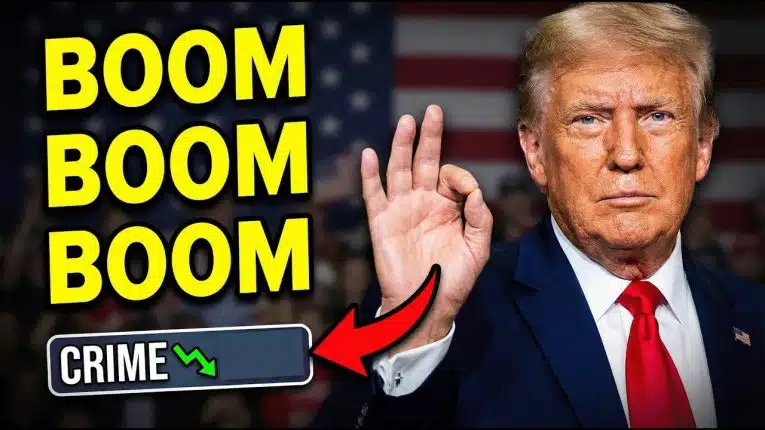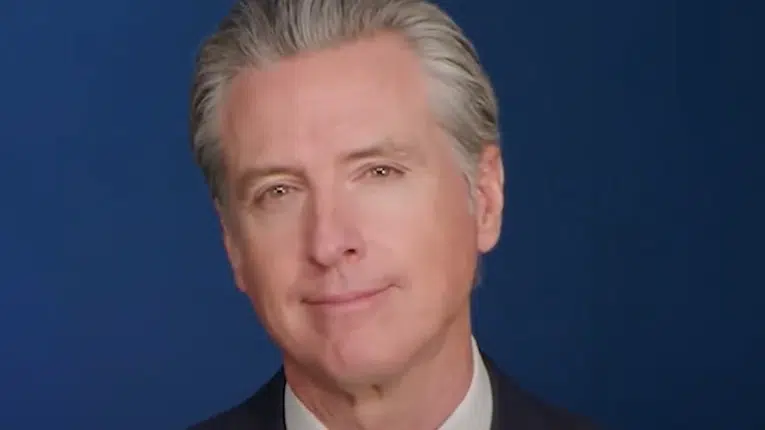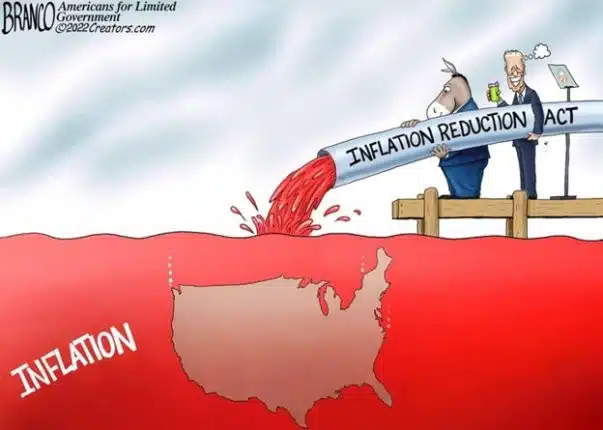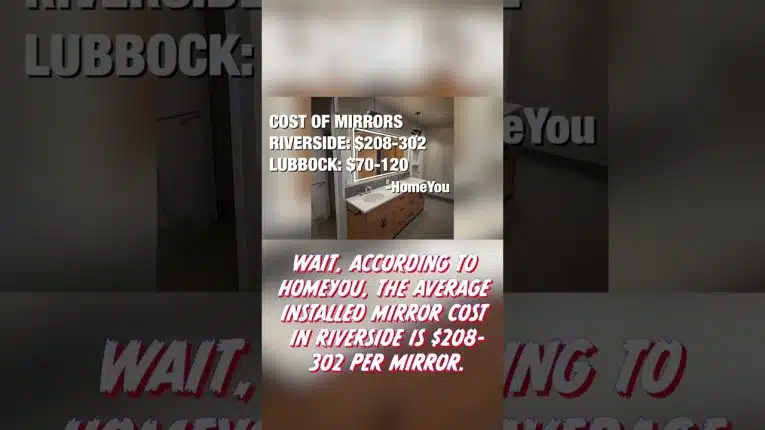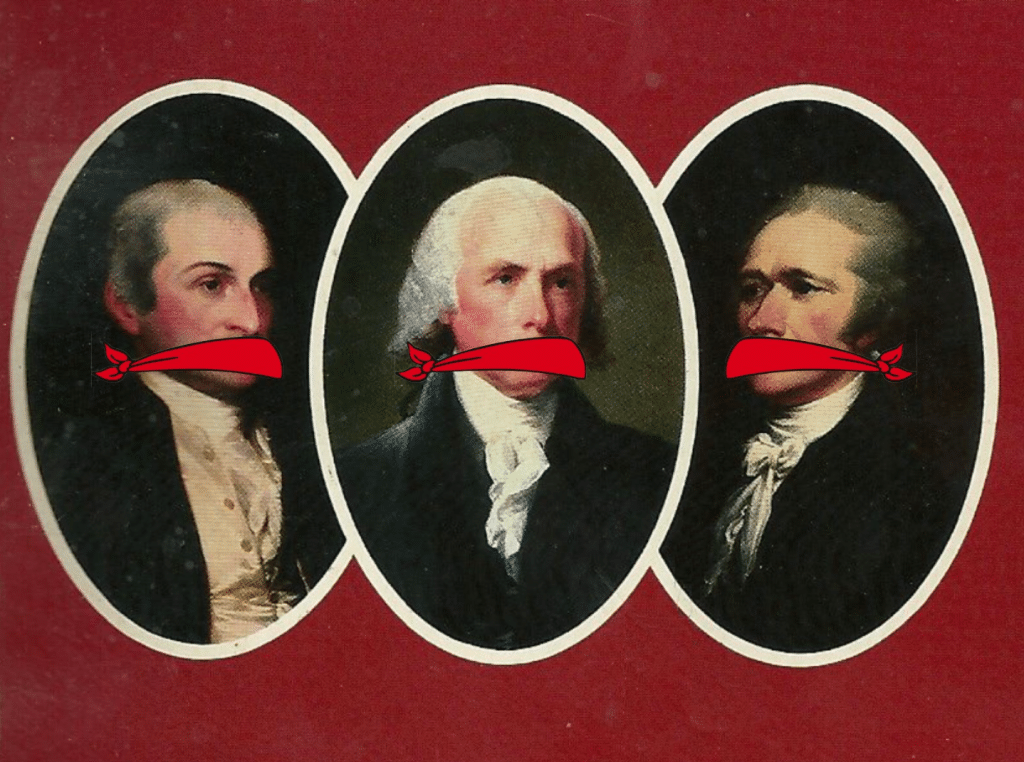
When you watch a political ad, often you’ll see a disclaimer of who the ad was paid for by, usually a political action committee, but what about the donors to the committee? Or the donor’s donors?
That’s the bridge that a San Francisco campaign finance law seeks to cross — now being challenged at the U.S. Supreme Court in No on E v. Chiu — and to prohibit an incredibly common practice in campaign finance, which are donations from anonymous sources.
Say somebody donates to an organization or committee, and then that entity donates to another entity, which makes an ad. A potential purpose might be to legally conceal the source of the donation, to keep it anonymous — but then again, it might not.
Arguing in its petition to the Supreme Court, the petitioners stated: “the ‘source of the advertising’ is not the source of the source of the advertising. Information about the speaker is one thing. Information about the speaker’s donors, quite another. Guilt by association is not a First Amendment standard. Disclosure laws justified under the government’s informational interest must inform voters ‘concerning those who support’ a ballot measure or candidate… not those who support those who support the measure or candidate, because they might support the ad, and they might have intended for their donation to fund it. Maybe they did. But maybe they didn’t.”
The petition continued, “People have many reasons to donate to Ed Lee Dems. They might intend to support the group’s efforts to promote Asian and Pacific Islander representation; to further civil rights, women’s rights, and LGBT rights; to support public schools, public transportation, and local parks; or to secure access to affordable housing and health care… Motivated by any of these causes, the group’s donors might well be indifferent or even opposed to its positions on Propositions B and E.”
San Francisco’s law, ostensibly to force disclosure of these types of ads, is designed to disincentive and prohibit anonymous speech, but it goes so far it might be forcing disclosure for donors’ donors who might not even endorse the original speech being advertised.
If followed through, this might disincentivize donations to third party groups because then the donor’s name might be attached to tangential activities of the third party group that were unrelated to the purpose of the donation.
This goes beyond if anonymous speech is protected by the First Amendment. In an amicus curiae brief by Advancing American Freedom — cosigned by Americans for Limited Government — anonymous speech is said to be “fundamental” to the right of the freedom of association: “these fundamental rights, so widely employed at the founding and after, are under attack at both the state and federal level. Through its donor disclosure laws, San Francisco undermines the right of organizations like No on E and its members to freely associate and thus to partake in America’s long heritage of free and anonymous political association. Anything impairing these fundamental rights deserves strict scrutiny.”
The amicus brief cites the in NAACP v. Alabama (1958) Supreme Court decision that struck down the sort of disclosure under question here. Then Justice John Marshall Harlan’s majority opinion stated, applying the First Amendment via the Fourteenth to Alabama, “We hold that the immunity from state scrutiny of membership lists which the Association claims on behalf of its members is here so related to the right of the members to pursue their lawful private interests privately and to associate freely with others in so doing as to come within the protection of the Fourteenth Amendment.”
Certainly, anonymous speech is an American tradition, dating back through the Federalist and Anti-Federalist Papers in defense of and in opposition to the Constitution that were published pseudonymously.
Now, if the Supreme Court further finds that the San Francisco law compelling disclosure of donors’ donors infringes on “the right of the members to pursue their lawful private interests privately,” then it too will be found unconstitutional. At a certain point, donor disclosure can go so far that it can harm the ability to garner donations, having a chilling effect on the speech engaged in — which might be the real point of the San Francisco law.
Robert Romano is the Vice President of Public Policy at Americans for Limited Government Foundation.


